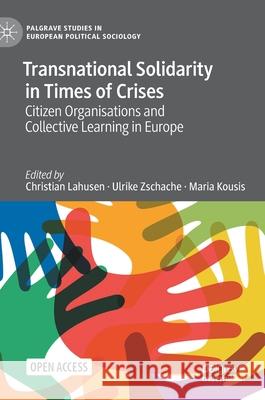Transnational Solidarity in Times of Crises: Citizen Organisations and Collective Learning in Europe » książka
topmenu
Transnational Solidarity in Times of Crises: Citizen Organisations and Collective Learning in Europe
ISBN-13: 9783030496586 / Angielski / Twarda / 2020 / 305 str.
Transnational Solidarity in Times of Crises: Citizen Organisations and Collective Learning in Europe
ISBN-13: 9783030496586 / Angielski / Twarda / 2020 / 305 str.
cena 201,72
(netto: 192,11 VAT: 5%)
Najniższa cena z 30 dni: 192,74
(netto: 192,11 VAT: 5%)
Najniższa cena z 30 dni: 192,74
Termin realizacji zamówienia:
ok. 22 dni roboczych.
ok. 22 dni roboczych.
Darmowa dostawa!
Kategorie:
Kategorie BISAC:
Wydawca:
Palgrave MacMillan
Seria wydawnicza:
Język:
Angielski
ISBN-13:
9783030496586
Rok wydania:
2020
Wydanie:
2021
Numer serii:
000453774
Ilość stron:
305
Waga:
0.53 kg
Wymiary:
21.01 x 14.81 x 1.91
Oprawa:
Twarda
Wolumenów:
01
Dodatkowe informacje:
Wydanie ilustrowane











